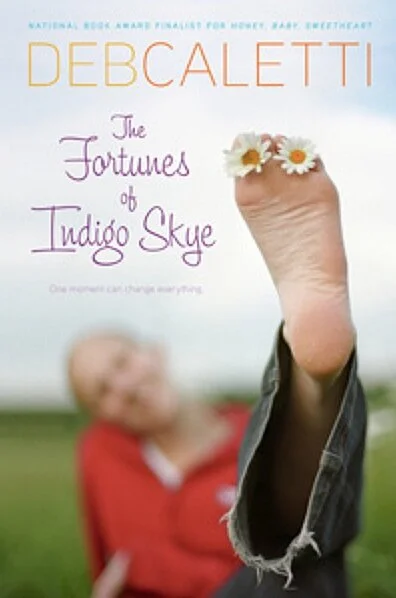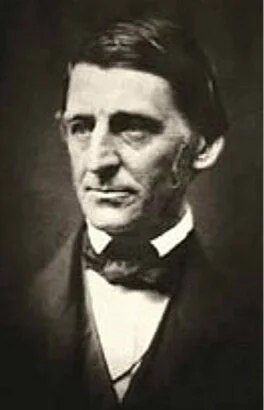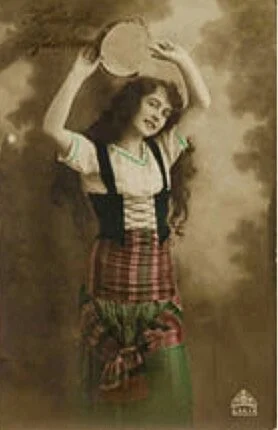Eighteen-year-old waitress Indigo Skye’s life is upended when a mysterious man leaves her a multi-million-dollar tip in this funny and moving novel by Printz Honor medal winner and National Book Award finalist Deb Caletti.
I suddenly see where I’m standing, and that’s at the edge of change—really, really big change.
Eighteen-year-old Indigo Skye feels like she has it all—a waitress job she loves, an adorable refrigerator-delivery-guy boyfriend, and a home life that’s slightly overwhelming but rich in love. Until a mysterious man at the restaurant leaves her a 2.5 million-dollar tip, and her life as she knew it is transformed.
At first it’s amazing: a hot new car, enormous flat-screen TV, and presents for everyone she cares about. She laughs off the warnings that money changes people, that they come to rely on what they haveinstead of who they are. Because it won’t happen…not to her. Or will it? What do you do when you can buy anything your heart desires—but what your heart desires can’t be bought?
This is the story of a girl who gets rich, gets lost, and ultimately finds her way back—if not to where she started, then to where she can start again.
“How did we lose the truth in the frantic, tribal drumbeat of more, more, more?”
The Fortunes of Indigo Skye: Hip Ralph Waldo
Writing a book is a mysterious process. It is for me, anyway. Among writers there is almost a Catholic-Protestant war between two sides: the outliners and the non-outliners – those that embrace the unknown, and those that hope to never meet it. I am a non-outliner, meaning that much of the trip goes unplanned. I let go, try to get to the deep place where imagination is boss, and see what happens.
What happens, often, are some unexplained and almost mystical interventions of fate that seem to magically form the book. Not that writing isn’t just plain hard work, too, because it is. But there’s this something else that happens. Little bits and pieces of thought or information or daily events come together – suddenly it all fits – and it feels like you’ve just received some great big lucky surprise. Well, look how that works, you say to yourself. Very cool. It’s as if the inner UPS guy just dropped off a few unexpected gifts.
Doesn’t he look a little like Abe Lincoln? He has kindly eyes.
In The Fortunes of Indigo Skye, one of those gifts was the unlikely reemergence of old Ralph Waldo Emerson into my life. This makes it sound like Ralph knocked on my door unexpectedly and asked to move into my guest room, which is obviously impossible because a) he’s dead and b) I don’t have a guest room. But what actually happened was that a friend of mine, one whom I respect and admire, happened to mention that he read Emerson’s essay, “Self Reliance,” on an annual basis. A mental tune-up and philosophical oil change, of sorts. Ralph Waldo Emerson… I thought to myself. I tried to call up something meaningful about the guy, but… nothing. We learned about him in high school, right? Okay, wait. A sepia memory – the hazy image of a long-side burned fellow who might have looked a bit like Abe Lincoln. Didn’t he hang out with Thoreau at Walden Pond? I had a brief flash – the two gents having a pastoral picnic, something involving a “shady wood” and some warblers. Ralph would bring the cold chicken and potato salad, and Henry David would bring the Ink Berry leaves, and maybe they’d play a tranquil little picnic game like Name That Tree, which Henry David would always win.
As you can see, I forgot everything I ever learned in high school.
I re-read “Self Reliance” mostly so that I could patch the frightening leaks in my general knowledge, and in case I ever went on Jeopardy. (Ha.) I expected to drowse off into old-guy, fleur-de-lis language (same as Indigo thinks she might in the book), but something strange happened. I had that light-switch, new-idea flicking on excitement at his words. I fell into his calm rhythms, and his gentle-yet-powerful insights. I went on to read “Circles” and “The Over-Soul,” and then his reflections about art and love and character and spirituality. I became a quiet groupie, following him from thought to thought and essay to essay. What I found most striking was how shockingly current his ideas were – the need to think for yourself, the importance of being a non-conformist, the value of questioning society’s tides. Emerson encouraged trusting your own instinct, finding meaning in nature, seeking authentic self-discovery and harmony with others and our world. He could have been comfortable as a hippie activist in the sixties, a member of the Earth Day and women’s movements of the seventies, an environmentalist of today. In other words, Ralph Waldo was cool. Ralph Waldo was hip.
Mrs. Emerson. (Okay, not really.)
And in terms of that little present I wrote of earlier? The surprises that come while writing? In The Fortunes of Indigo Skye I’d been wrangling with the questions of what feeds us – where we find meaning. Lately I’d come to believe that we too often bought (pardon the pun) society’s concept of wealth accumulation as life meaning. Not exactly a new idea, but one we seemed to have forgotten. Our “going along” with this concept was hurting us individually, hurting our neighbors, our planet. Early on in the book, I had also written that Indigo thought of herself as a weed in a world that doesn’t appreciate weeds. My by-chance reading of Emerson startled me – these were the issues he was addressing, too, cinching tight my own thoughts like a firm hand on a shoelace. I was even more surprised when I later came across Emerson’s quote about weeds: “A weed is a plant whose virtues have not yet been discovered.” And one more surprising discovery: Ralph Waldo’s buddy Thoreau wrote about a certain weed he found on his walks – the Indigo Weed. Indigo’s name now had new, fitting meaning. Nifty, eh?
I’m grateful for my rereading of Emerson’s essays, and for the happy accidents that followed. Emerson was an individualist, an activist, an environmentalist, a believer in religious liberalism. In spite of the command of those essays, you feel his humility, care, and self/other respect. He’s an oddly apt voice for our times – a long-dead contemporary hero. Have a look at his work. Scrape away the icing of the ornate language, and hear what the old guy has to say.







